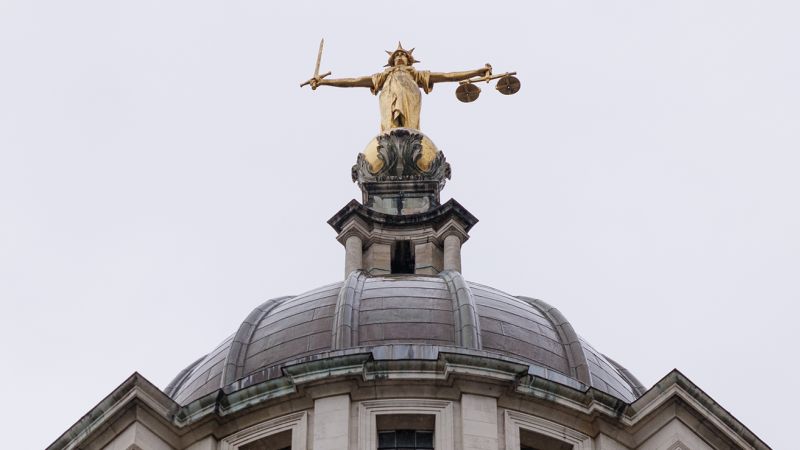The UK Ministry of Justice announced plans to criminalize the creation of sexually explicit deepfake content in England and Wales. This draft law would make it illegal to create such images or videos of another adult without their consent, even if they are not shared. Offenders could face a criminal record and an unlimited fine. Sharing explicit deepfakes without consent is already illegal in England and Wales, with offenders potentially facing jail time. Deepfakes involve manipulating images or videos, often using artificial intelligence, to make it appear as though someone has said or done something they have not.
The Minister for Victims and Safeguarding in the UK, Laura Farris, stated that England and Wales would likely be the first countries to outlaw the creation of sexually explicit deepfakes. The draft law would cover pornographic images and nude deepfakes, regardless of whether the subject is engaging in erotic behavior. The devolved governments of Scotland and Northern Ireland will be responsible for passing relevant laws in their respective countries. Northern Ireland’s justice department is currently exploring options, while Scotland’s justice department has not yet responded to inquiries regarding equivalent rules.
The new offense in England and Wales will be introduced through an amendment to the Criminal Justice Bill currently in parliament. Changes to the Online Safety Act last year already criminalized the sharing of deepfake sexual images in those countries. The new offense applies only to adults, as creating deepfake sexual images of minors is already a crime under existing laws. Deepfake creation has involved superimposing women’s faces onto explicit images without their consent, with high-profile victims like Taylor Swift. In the US, lawmakers introduced a draft civil law to allow victims to sue those who create and share sexually explicit deepfakes without consent.
A directive to criminalize the creation of sexually explicit deepfakes has also been proposed in the European Union, and if passed, member states will need to create corresponding national laws. UK Minister Farris emphasized that deepfakes are used to degrade and dehumanize others, particularly women, and the new offense sends a clear message that such actions are immoral and criminal. Meta, the owner of Facebook and Instagram, announced a review of how it handles deepfake pornography following the circulation of explicit AI-generated images on its platforms. Deepfake pornography is seen as a growing cause of gender-based harassment online, targeting and intimidating women both online and offline.
In conclusion, the legislation on deepfake content in the UK reflects growing concern over the use of artificial intelligence to exploit and harass individuals. The criminalization of sexually explicit deepfakes in England and Wales aims to protect individuals from the harmful effects of manipulated content without their consent. The draft laws, if passed, could set a precedent for other countries to address the issue of deepfake creation and distribution. The importance of safeguarding individuals, especially women, from the degrading impact of deepfake content is highlighted through these legal measures and review processes by companies like Meta. The global response to deepfakes underscores the need for ongoing efforts to combat the misuse of technology for harmful purposes.













